The Master of Science in Medical Sciences offers students like you the opportunity to improve their records in preparation for a wide variety of professional health career pathways, from medical and dental school to physician associate programs and medical device sales.
The first step toward earning this life-changing master’s degree is making your application. Because the MSMS is aimed at helping students strengthen their profiles, the admission requirements are a little different than some other post-bacc programs.
This article offers an overview of the general requirements you’ll need to meet to apply to the MSMS. Note that specific requirements may vary depending on the university partner, so always check with individual admission departments before you apply.
GRE and MCAT Requirements
First, university partners that offer the MSMS don’t require applicants to take the Graduate Record Examination (GRE) or Medical College Admissions Test (MCAT). That’s because some students who apply to the MSMS may have made the decision to pursue a medical or health pathway relatively late in their undergraduate careers. As a result, they may not have had the opportunity to prepare for and sit these intensive (and expensive) exams before graduation.
If you have taken the GRE or MCAT, don’t worry. You can submit your test scores as a supplement to your application and they’ll be taken into consideration when your record is evaluated.
GPA Requirements
When it comes to grade point average (GPA), university partners that offer the MSMS are generally looking for students who have achieved at least a 2.7 on a 4.0 scale. Depending on the school you apply to, you may also be considered for admission if your overall GPA was 2.5 but your science GPA was 2.7.
In addition, MSMS university partners may also consider students with slightly lower GPAs on a case-by-case basis if their other materials are strong. Admissions teams understand that students sometimes find themselves studying in stressful circumstances (especially those whose college careers have overlapped with the pandemic), and that their GPA may not accurately reflect their abilities.
Prerequisite Courses
The MSMS curriculum covers the same ground as the first year of study at an LCME-accredited MD program. Because of this, you’ll need to have a foundation of undergraduate science and mathematics in order to succeed in the program. Your transcripts will need to show that you have taken and passed the following courses:
- Biology I and II with lab
- General Chemistry I and II with lab
- Organic Chemistry I and II with lab
- Physics I and II with lab
- Two mathematics courses (e.g. calculus and statistics)
- Two courses in behavioral and social science (e.g. psychology and sociology)
- One English course (literature or composition)
If you’re missing one or two of these courses, you may be able to make them up. Contact the university partner’s admissions department and ask if there is prerequisite make-up policy.
Personal Statement
University partners want to understand your motivation for pursuing a healthcare career and get insight into how your academic career has unfolded. As part of your application, you’ll need to submit a personal statement that addresses:
- What kind of healthcare career path interests you (e.g. medical, dental)
- Why you were inspired to choose a career in healthcare
- How you have demonstrated your commitment to this career path (e.g. research experience, volunteering, employment)
- How you think the MSMS can help you achieve your goals
The personal statement is important to MSMS admissions teams. It helps them better understand you as a person so they can determine if the program can help you achieve your goals.
Other Requirements
Depending on the university partner, you may also have to submit letters of recommendation from people in positions of authority in your life, such as college professors, managers, volunteer site supervisors, etc. In their letters, they should speak to your academic potential and your commitment to a healthcare career as demonstrated through the work you have done for them.
Some university partners may also require a personal interview and proof of English language proficiency. Again, contact the admissions department for the relevant university partner when you’re getting ready to apply.
Application Checklist
To sum up, here’s a list of the documentation you’ll need to apply to the MSMS program:
- Completed online application form (available at the university partner’s website)
- Official college transcripts showing receipt of a bachelor’s degree from a regionally accredited college or university (or international equivalent)
- Transcripts must show that you have earned a minimum GPA of 2.7 and completed all prerequisite coursework
- Personal statement
- Resume
Depending on the partner, you may also have to submit letters of recommendation or proof of English language proficiency.Find an MSMS program near you and start your application now. Good luck!



